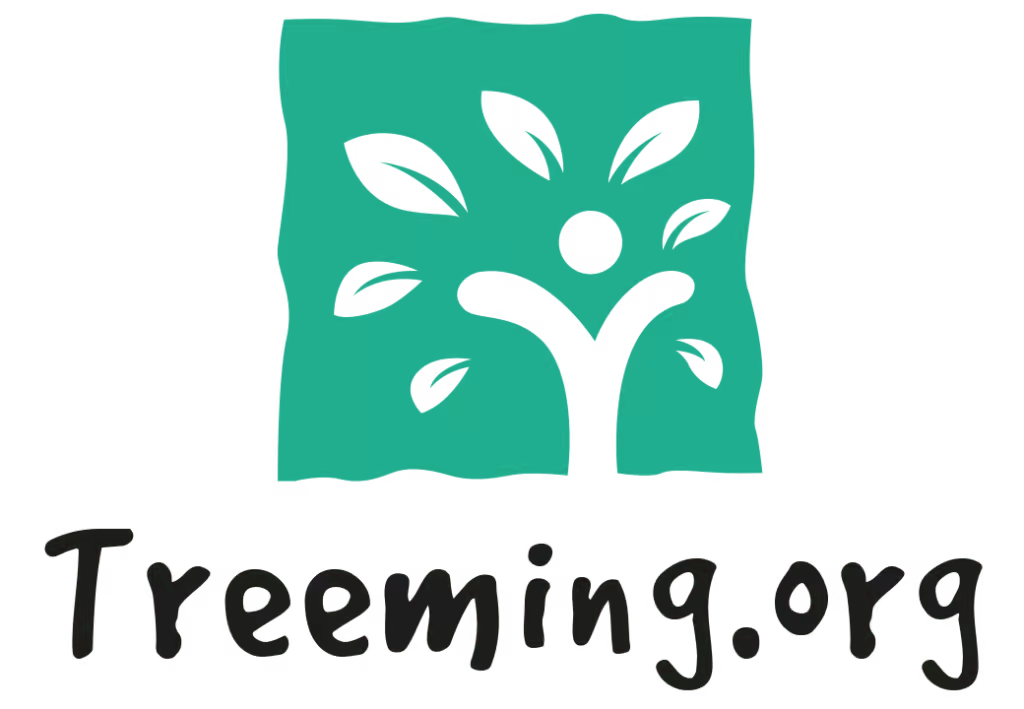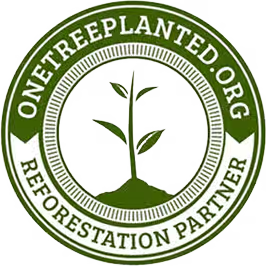Nestled in the heart of New Zealand’s North Island, Tongariro National Park offers a serene escape into nature. Known for its majestic volcanic peaks, diverse flora and fauna, and scenic trails, the park provides a perfect setting for forest bathing. This practice, which involves immersing oneself in a forest environment, has been shown to offer numerous health benefits. Tongariro National Park is not only a natural wonder but also a place of cultural and ecological significance.
Key Takeaways
- Tongariro National Park is home to stunning volcanic peaks, unique plants, and various animal species.
- Forest bathing, a practice of immersing oneself in nature, can improve mental and physical health.
- The park holds deep cultural importance, particularly for the Maori people, and features many historical landmarks.
- Conservation efforts are crucial to maintaining the park’s biodiversity and natural beauty.
- Visitors to the park can enjoy a variety of activities, from hiking scenic trails to learning about Maori culture.
Exploring the Natural Beauty of Tongariro National Park
The Majestic Volcanic Peaks
Tongariro National Park is home to three stunning volcanic peaks: Mt. Tongariro, Mt. Ngauruhoe, and Mt. Ruapehu. Mt. Ruapehu is the tallest, standing at 9,175 feet. These peaks are not just beautiful; they are also active volcanoes, adding an element of excitement to the landscape. Mt. Ngauruhoe, for instance, is a perfect cone and has periodic activity, making it a fascinating sight for visitors.
Unique Flora and Fauna
The park’s diverse ecosystems support a wide range of plant and animal life. The dominant tree in the beech forest is the mountain beech, which grows up to 5,000 feet. This forest is home to interesting plants like the stinkwood and the grass tree. Below the beech forest, the volcanic plateau is covered mainly with red tussock grass and introduced heather. The park also hosts unique insects like the large black and orange striped bumblebee.
Scenic Trails and Walks
Tongariro National Park offers numerous scenic trails and walks that allow visitors to fully immerse themselves in its natural beauty. One of the most popular experiences is the Tongariro Alpine Crossing, a challenging yet rewarding hike that takes you through diverse landscapes, including volcanic craters, emerald lakes, and lush forests. Other trails offer equally stunning views and are suitable for all levels of hikers.
The Practice of Forest Bathing
Origins and Philosophy
Forest Bathing, also known as shinrin-yoku, began in Japan in the 1980s. The idea is simple: spend time in nature, particularly in forests, to improve your well-being. This practice is rooted in the belief that being in nature can help you feel better both mentally and physically. It’s about immersing yourself in the natural world and soaking in its calming atmosphere.
Health Benefits
Forest Bathing offers numerous health benefits, including:
- Reduced stress levels
- Improved mood
- Enhanced focus and concentration
- Lower blood pressure
- Boosted immune system
These benefits come from spending time in a peaceful, natural setting, away from the hustle and bustle of daily life.
How to Engage in Forest Bathing
To practice Forest Bathing, follow these simple steps:
- Find a quiet forest or natural area.
- Leave your phone and other distractions behind.
- Walk slowly and take deep breaths.
- Pay attention to the sights, sounds, and smells around you.
- Sit down and relax if you feel like it.
The goal is to be present in the moment and fully experience the natural environment. This can help you feel more relaxed and connected to nature.
Cultural Significance of Tongariro National Park
Maori Heritage and Legends
Tongariro National Park holds a special place in Maori culture. The park is a dual world heritage site for its natural beauty and cultural importance. According to Maori legend, the volcanic peaks of Tongariro, Ngauruhoe, and Ruapehu were once warriors. These mountains are considered sacred and are central to many Maori stories and traditions.
Historical Landmarks
The park is home to several historical landmarks that reflect its rich past. One notable site is the Tangiwai disaster memorial, which commemorates the tragic 1953 event when a lahar from Mount Ruapehu caused a train derailment, resulting in the loss of 151 lives. Another significant landmark is the ancient Maori rock paintings found in various caves around the park.
Modern-Day Cultural Practices
Today, the park continues to be a place of cultural importance. Maori communities engage in traditional practices and ceremonies within the park. Visitors can also experience Maori culture through guided tours that offer insights into the legends, history, and ongoing cultural practices of the area.
Ecological Importance of the Park
Conservation Efforts
Tongariro National Park is a biodiversity hotspot. Conservationists work tirelessly to protect its unique ecosystems. Efforts include reforestation, pest control, and habitat restoration. These actions help preserve the park’s natural beauty and ensure the survival of its diverse flora and fauna.
Impact of Invasive Species
Invasive species pose a significant threat to the park’s native wildlife. Animals like possums and rats disrupt the balance of the ecosystem. Conservation teams focus on controlling these species to protect the park’s unique biodiversity.
Sustainable Tourism Practices
Sustainable tourism is crucial for the park’s future. Visitors are encouraged to follow guidelines that minimize their impact on the environment. This includes staying on designated trails, disposing of waste properly, and respecting wildlife. By practicing sustainable tourism, we can help preserve Tongariro National Park for future generations.
Personal Experiences of Forest Bathing
Stories from Visitors
Many visitors to Tongariro National Park have shared their transformative experiences while engaging in forest bathing. They often describe a profound sense of peace and connection with nature. One visitor mentioned how the practice made them more aware of their surroundings and their own presence on Earth. This heightened awareness often leads to a feeling of freedom and spontaneity.
Transformative Moments
Forest bathing in Tongariro National Park has been described as almost magical. The serene environment, with its open spaces, trees, and fresh air, provides a refreshing break from the hustle and bustle of city life. This temporary change in consciousness can lead to a vital sense of peaceful awareness and inner stillness, which many find spiritually nourishing.
Tips for First-Time Forest Bathers
- Unplug from the grid: Leave your electronic devices behind to fully immerse yourself in the experience.
- Take your time: Don’t rush through the forest. Walk slowly and mindfully, paying attention to the sights, sounds, and smells around you.
- Be present: Focus on your breathing and try to stay in the moment. This will help you connect more deeply with nature.
- Dress comfortably: Wear comfortable clothing and shoes suitable for walking in the forest.
- Stay safe: Be aware of your surroundings and follow any safety guidelines provided by the park.
Spending time in nature, away from the constant input and pressure of urban life, can be a deeply transformative experience. The peaceful environment of Tongariro National Park allows visitors to reconnect with themselves and the world around them.
Planning Your Visit to Tongariro National Park
Best Times to Visit
Tongariro National Park is a year-round destination, but the best time to visit depends on what you want to do. Summer (December to February) is ideal for hiking and exploring the scenic trails, while winter (June to August) is perfect for skiing and snowboarding on Mount Ruapehu. Spring and autumn offer fewer crowds and mild weather, making them great for a quieter experience.
Accommodation Options
There are various accommodation options in and around Tongariro National Park to suit different budgets and preferences:
- Hotels and Lodges: For a more comfortable stay, consider the hotels and lodges in the nearby towns of National Park Village and Whakapapa Village.
- Camping: There are several campsites within the park, offering a closer connection to nature.
- Backcountry Huts: For the adventurous, backcountry huts provide a unique experience, especially if you’re planning to hike the Tongariro Alpine Crossing.
Essential Gear and Preparation
When planning your visit, it’s crucial to be well-prepared. Here are some essentials:
- Clothing: Dress in layers to adapt to changing weather conditions. Waterproof and windproof jackets are a must.
- Footwear: Sturdy hiking boots are essential, especially if you plan to tackle the rugged trails.
- Navigation: Carry a map and compass or a GPS device. Cell phone reception can be unreliable in some areas.
- Safety Gear: Always have a first aid kit, a flashlight, and extra food and water.
- Permits: Check if you need any permits for specific activities or areas within the park.
Planning ahead ensures a safe and enjoyable visit to Tongariro National Park. Whether you’re hiking the Tongariro Alpine Crossing or exploring the volcanic landscapes, being prepared is key to a memorable experience.
Planning a trip to Tongariro National Park? Make sure to check out our website for all the tips and guides you need to make your visit unforgettable. From hiking trails to scenic spots, we’ve got you covered. Don’t miss out on the adventure of a lifetime!
Conclusion
In conclusion, the serene experience of forest bathing in New Zealand’s Tongariro National Park offers a unique way to connect with nature. The park’s lush beech forests, volcanic landscapes, and diverse plant life create a peaceful environment perfect for relaxation and reflection. Whether you’re hiking through the red tussock grass or simply sitting quietly among the trees, the natural beauty of Tongariro provides a sense of calm and rejuvenation. This practice not only helps to reduce stress but also fosters a deeper appreciation for the environment. So, next time you find yourself in New Zealand, take a moment to immerse yourself in the tranquility of Tongariro National Park. It’s a simple yet powerful way to recharge and reconnect with the natural world.
Frequently Asked Questions
What is forest bathing?
Forest bathing, also known as Shinrin-yoku, is a practice that involves immersing yourself in a forest environment to experience its calming and rejuvenating effects.
Where is Tongariro National Park located?
Tongariro National Park is located in the central North Island of New Zealand. It is known for its stunning volcanic landscapes and rich cultural history.
What are the health benefits of forest bathing?
Forest bathing can help reduce stress, improve mood, boost the immune system, and enhance overall well-being. It encourages mindfulness and a deeper connection with nature.
When is the best time to visit Tongariro National Park?
The best time to visit Tongariro National Park is during the summer months (December to February) when the weather is warm and the trails are most accessible. However, each season offers unique experiences.
Are there any guided forest bathing tours in Tongariro National Park?
Yes, there are guided forest bathing tours available in Tongariro National Park. These tours are led by experienced guides who can help you make the most of your forest bathing experience.
What should I bring for a forest bathing session?
For a forest bathing session, wear comfortable clothing and sturdy shoes. Bring water, a snack, and perhaps a journal to record your thoughts and feelings during the experience.





